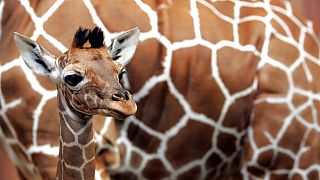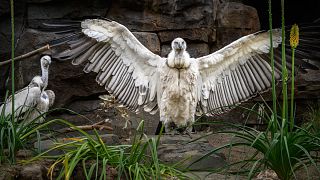Morocco
A spacious crocodile park in Morocco runs educational initiatives to teach younger generations about the environment. The Crocoparc in Agadir combines animal and plant exhibits with structured environmental education, aimed at highlighting humans' impact on nature.
The park spans four hectares and houses more than 300 Nile crocodiles, along with various other reptiles, turtles and a wide range of plants. It opened its doors to visitors in 2015 and is located in the Drarga area on the outskirts of Agadir.
The park is a tourist attraction and a recreational area for families, but also serves as practical space to learn about the environment. Park visitors can observe crocodile behavior and learn about the animal's interactions as well as its reproductive cycles. Over the past weekend, the park held the third edition of "Les Crocologies", an educational initiative that targeted over 1,500 students.
It featured educational workshops, simplified lectures, documentary screenings and interactive activities.
"The goal is to raise children's awareness about environmental issues as a whole," said Leila Sdigui Brunet, the manager of Crocoparc.
Hafsa Mahmoudi, a student at Faculty of Sciences in Marrakech, taught children at the park during workshops designed to show the importance of reptiles in the environment. As cold-blooded animals, reptiles are particularly vulnerable to global warming and climate change, she said.
After 60 years of absence, 16 West African crocodiles, raised at an aquarium in Switzerland were brought to Morocco's Crocoparc last June to reintroduce them into their natural habitat.













02:28
Kenya: the man rescuing wild birds, even without a roof over his head
02:24
In Senegal, observing chimpanzees saves some from working in the mines
00:26
Rare gorilla twins born in conflict-hit Virunga National Park in DR Congo
Go to video
Kenyans protest after roaming elephants kill 4 people in a week
Go to video
Interpol seizes 30,000 live animals in global wildlife crime crackdown
01:14
Danish Queen Mary makes official visit to Kenya